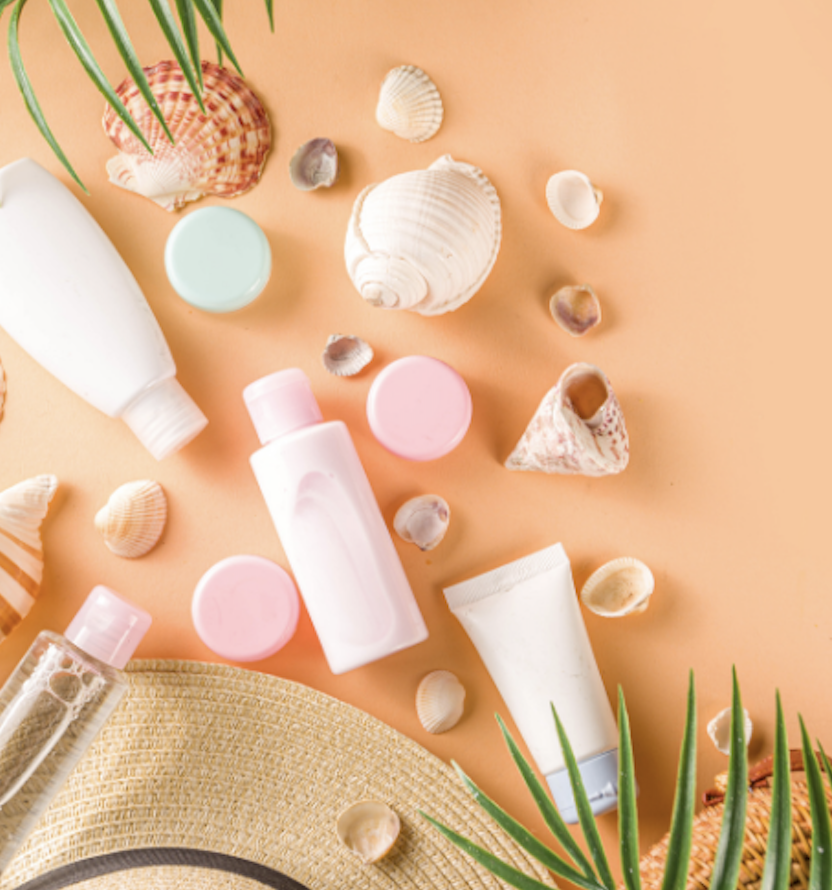Summer Series- Tools and Gadgets to get you through a Hot Summer in the Kitchen
Half the country is experiencing the hottest days on record and turning on a oven, using a stove or even outdoor grilling just seems too hot and is probably the last thing anyone wants to do. So during the summer I rely on a collection of devices to use to create meals that keep me from using my Oven and Burners which in turn keeps the air conditioning bill waayyyyy down! The little electricity that these small appliances require pales in comparison to what turning on my oven and using my burners does to my living space. Trust me my cats thank me and so does my wallet! I also included some kitchen tools and gadgets that I use a lot in the summer months to make food more fun and easy to prepare.
The first is a Spirlizer. Why boil pasta when you can just Spiralizer some Zucchini. You can also Spiralizer: Carrots, Parsnips, Sweet Potatoes, Cabbage, Beets, Apples. You can pick one up for under $30 click here to get more info.
Nothing I hate more is watery lettuce leaves. I like to give my Romain and Buttery Lettuce leaves a good washing but your home made salad dressing can become watered down without a proper spin. Also under $30 click here for more details.
Ceramic knives are a must for chopping lettuces, vegetables and fruits. Steel knives can brown and oxidize many types of delicate veggies. I have been using mine for over 20 years now. This set will run you about $60 click here for more details.
Glass mason jars are cost effective, practical and have many uses. Making overnight oats, salads to go and storing foods without using toxic plastic containers, these jars are a must. A dozen will run you about $12 and you can get different sizes and colors. Click here for more details.
Crock Pots, Slow Cookers and Instant Pots are your friend in the summer not just for winter. Another tool to cook a whole meal that you can start in the morning and come home to, ready to go. Prices range from about $50 to $300 for some Instant Pot models. The one pictured is highly rated and comes in at $54. Click here for more details.
Air fryers don’t only make the healthiest, least cancer causing fried starches around, but they cook meat, fish and veggies to perfection and without heating up the kitchen. This one works as a food dehydrator as well. Comes in handy making healthy snacks. Food Network gave this model a thumbs up for price and versatility. Coming in under $120 click here for details.
I use my rice cooker to make Quinoa and Sprouted Brown Rice. Another device so you don’t have boiling water heating up your kitchen. It works great for a quick batch of steamed veggies as we. Food&Wine gave this guy a thumbs up for being budget friendly and reliable. Just under $20 you can’t go wrong. Click here for more details.
This device may seem excessive but boiling a pot of water to hard boil eggs heats up the kitchen in no time fast. Instead of cooking eggs on the stove I pop eggs in this baby and throw them in an ice bath once they are ready. I have perfectly cooked eggs for breakfast and late night snacks. Under $20 another great kitchen gadget! Click here for more details.
I know it’s obvious but a blender is your best friend to make smoothies. This one in particular is special though. It is well priced and does a great job and includes single serve attachment pieces. Rated highly on all the Foodie sights for its price point and that it can crush ice in no time flat makes this a fan favorite. Under $150 including the single serve smoothie cups its great quality for a great price. Click here for more details.
You have no idea how great it is to make a batch of Popsicles. I really like this brand because they make perfect pops every time. With my handy blender it is so easy to whip up fruit Popsicles easily. Much better than what you can buy at the stores. These are also a cult favorite across all Foodie sites. Under $15 these are a must have for hot summer days. Click here for more info.
I spent over half my life living in hot climates and found ways to beat the heat and eat well without sacrificing flavor and variety on a small budget. With a little help from these tools and gadgets you can to. Have a great Week everybody!
Big hugs,
Shara




















